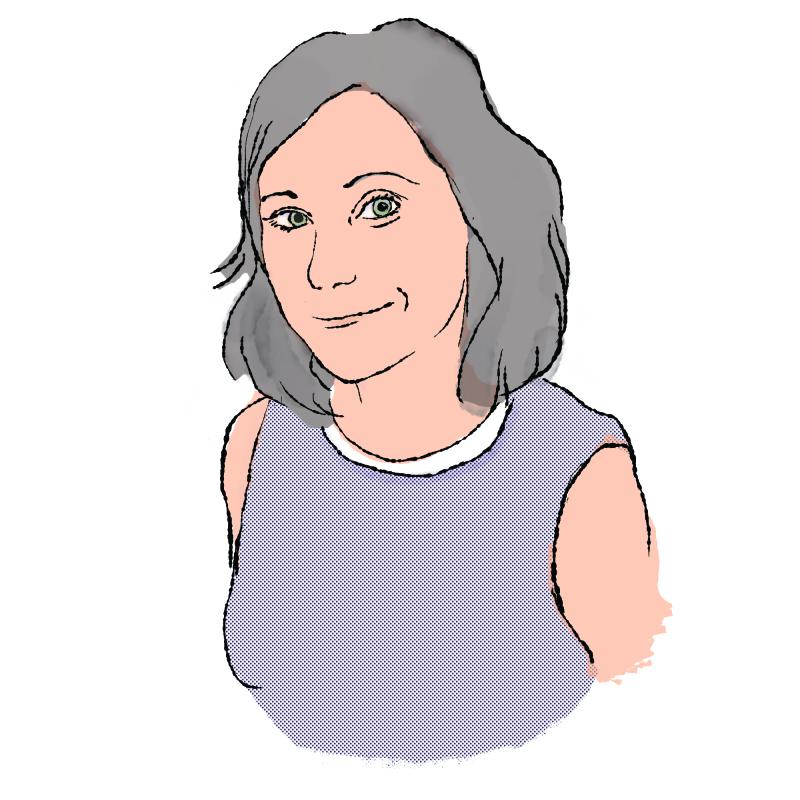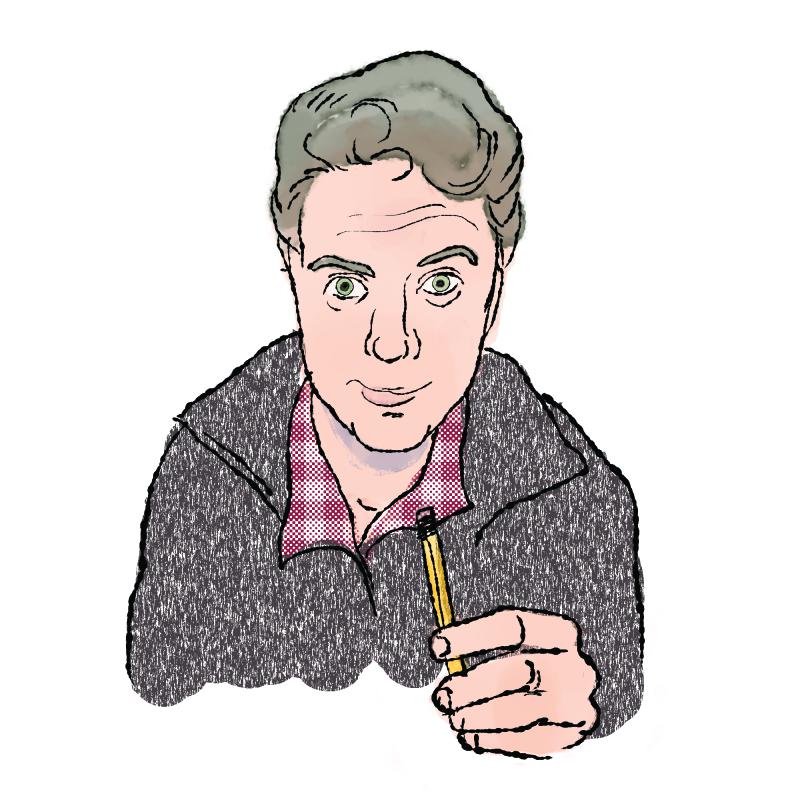In a conversation about how more than 140 black people have been killed by police this year, all lives don’t matter.
All lives are as pertinent to this discussion as Vienna sausages, Breaking Bad reruns, and gardening — they have no place at the table. Likewise, how many white people have been killed by police and whether the Easter Bunny likes Peeps are equally unimportant to this national conversation.
#BlackLivesMatter took off in 2014 following the deaths of two unarmed, black men — Michael Brown in Ferguson, Missouri, and Eric Garner in New York City — at the hands of police. Protesters seeking justice for the men and the many like them organized around the rallying cry: Black Lives Matter. #AllLivesMatter sprang up in response. #AllLivesMatter was ostensibly created to remind everyone of the sanctity of all life, not just black lives; it’s supposedly meant to set the record straight. In fact, #AllLivesMatter is a just another way of telling black people to sit down and shut up about the racially-motivated violence and injustice they face.
#BlackLivesMatter doesn’t pretend there are no other social ills in the world that need to be addressed. Instead the movement calls for people to address one issue: racism. But I’m not the best person to explain #BlackLivesMatter. The following are excerpts from essays by and interviews with black writers and activists about why black lives matter. Because, you know what? They do.•
Any other racial group whose religious symbols are being burned down and homes are being burned down; whose community members are being killed on a daily basis; who are completely dying of starvation, have the high unemployment rates and infant mortality rates—any other community, this would be seen as an opportunity to support and uplift and try to deal with the crisis. That’s actually not what’s happening in the black community, so I think the iteration that we are in a state of emergency, and we want elected officials to treat it as such, is so important.
Being a black person in America is very, very hard. Black people know that all lives matter. We can’t help but get pissed off when we see situations where it’s clear that black life didn’t matter.
Police] are simply the agents of policy instituted by officials at the behest of the body politic. This deficit of examining systems exists all across this debate. It fails to indict society as a whole, as I firmly believe it should. It puts all the focus on the tip of the spear rather than on the spear itself.
Look at it this way: Many local municipalities experience budgetary pressure. Rather than raise taxes or cut services in response, things that are often politically unpalatable, they turn to law enforcement and courts to make up the difference in tickets and fines. Some can also increase the number of finable offenses and stiffen the penalties.
Officers, already disproportionately deployed and arrayed in so-called “high-crime” neighborhoods — invariably poor and minority neighborhoods — are then charged with doing the dirty work. The increase in sheer numbers of interactions creates friction with targeted populations and ups the odds that individual biases will be introduced.
Without fail, something eventually goes horribly wrong.
We look at the end interaction, examining the officers for bias and the suspect for threatening behavior, rather than looking at the systems that necessitated the interactions.
No, #NotAllLivesMatter. It’s just not true … #AllLivesMatter denies the discrepancy between condemning President Obama’s remarks regarding Trayvon Martin as “divisive” and “race-baiting” while also praising presidential candidate Donald Trump’s remarks on Mexicans and Latinos as “refreshing,” “honest” or “telling it like it is.”
Yes, we affirm that “Black Lives Matter!” We have an obligation to generations past and future to demand that federal and state governments take more action to stop the injustices that we face. We all should now be preparing for the massive “Justice Or Else” mobilization in Washington, D.C. on October 10 that will be webcast and video streamed to millions of people throughout the world in different languages. It’s time to stop our human rights from being so carelessly violated.



